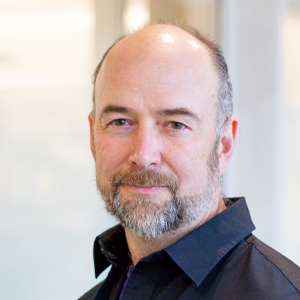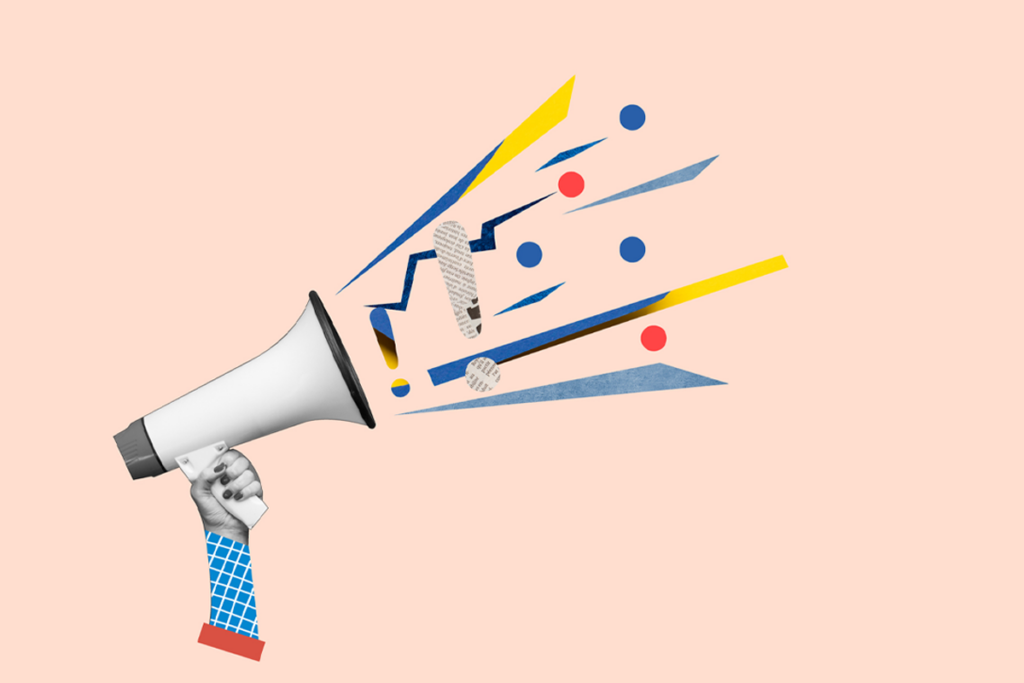Randy McIntosh is professor and BC leadership chair in neuroscience and technology transfer across the lifespan, and director of the Institute for Neuroscience and Neurotechnology, at Simon Fraser University. He holds a Ph.D. in psychology and neuroscience with a strong background in statistics. His research journey began at the Rotman Research Institute at the University of Toronto, where he developed a keen interest in understanding aging and cognition. McIntosh is the co-lead for the team that created The Virtual Brain (thevirtualbrain.org), a groundbreaking platform that unites global research efforts.

Randy McIntosh
Director, Institute for Neuroscience and Neurotechnology
Simon Fraser University
Selected articles
- “Partial least squares analysis of neuroimaging data: Applications and advances” | NeuroImage
- “Contexts and catalysts: A resolution of the localization and integration of function in the brain” | Neuroinformatics
- “Emerging concepts for the dynamical organization of resting-state activity in the brain” | Nature Reviews Neuroscience
- “Resting brains never rest: Computational insights into potential cognitive architectures” | Trends in Neurosciences
- “The hidden repertoire of brain dynamics and dysfunction” | Network Neuroscience
Explore more from The Transmitter
New autism committee positions itself as science-backed alternative to government group
The Independent Autism Coordinating Committee plans to meet at the same time as the U.S. federal Interagency Autism Coordinating Committee later this month—and offer its own research agenda.

New autism committee positions itself as science-backed alternative to government group
The Independent Autism Coordinating Committee plans to meet at the same time as the U.S. federal Interagency Autism Coordinating Committee later this month—and offer its own research agenda.
Two neurobiologists win 2026 Brain Prize for discovering mechanics of touch
Research by Patrik Ernfors and David Ginty has delineated the diverse cell types of the somatosensory system and revealed how they detect and discriminate among different types of tactile information.

Two neurobiologists win 2026 Brain Prize for discovering mechanics of touch
Research by Patrik Ernfors and David Ginty has delineated the diverse cell types of the somatosensory system and revealed how they detect and discriminate among different types of tactile information.
Shifting neural code powers speech comprehension
Dynamic coding helps explain how the brain processes multiple features of speech—from the smallest units of sounds to full sentences—simultaneously.

Shifting neural code powers speech comprehension
Dynamic coding helps explain how the brain processes multiple features of speech—from the smallest units of sounds to full sentences—simultaneously.